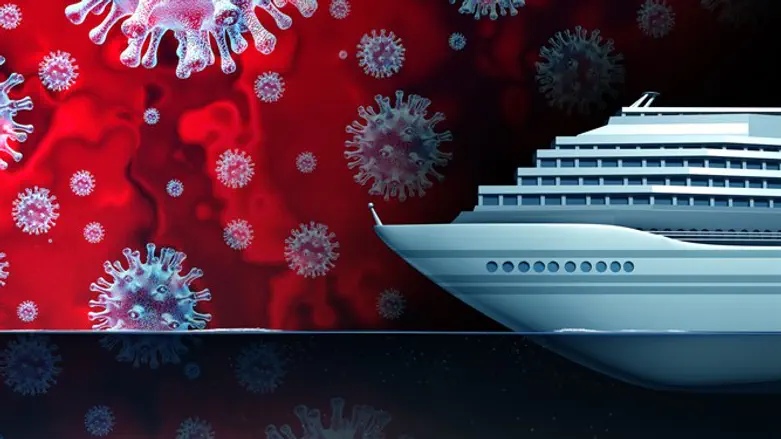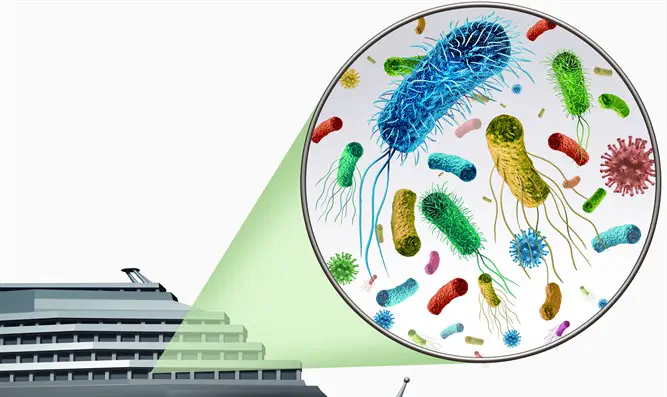
China expert Sarit Shai tells Arutz Sheva from qualified sources that on Saturday, China's health authorities began taking blood donations from people who had recovered from coronavirus to fight the virus.
"It's about eighty people who left the hospital in Shanghai after they got well. They stood in line to donate blood, also as volunteers but also because they were told that they needed to donate blood. They can't be released from hospital without donating blood."
On the reason for the blood donation, she says: "Apparently, they realized more than a week ago that when a person heals and donates blood to a sick person, it benefits the patient's condition. In fact, any person who gets well and donates can save 8-10 people with coronavirus. It means one hundred people can save with their blood donation 800 people."

"Wherever people were released from hospitals, they took blood from them," she says, noting that it was written and published in the Shanghai Daily and Western newspapers, but for some reason in the Israeli press it is not exposed, perhaps because we prefer to focus on the hardship. In this context, she describes the situation of the Israelis aboard the Diamond Princess ship as having been in "prison" for a month, even though for two weeks of this period they were on a cruise.
Shai also says that "one of the Israelis in Shanghai went on air sending beautiful pictures." Apparently the sky is unusually clean in the area, and when we asked if the reason for this lucidity is the fact that no vehicles are on the streets Shai does not rule out the possibility, commenting that "Shanghai air pollution comes from the north of the country. It may be because the factories are not working and sixty million people are in quarantine, so the sky is blue and the water is clear."
However, alongside whatever good news may be coming to us from China, Shai notes that it is important to remember that the Chinese government takes care to transmit well-orchestrated information and prevents private information from being released: "A lot of people are disconnected from the Internet and from the VPN that enables social networking. The government is shutting down the population.
"The networks have been ordered by the government to stop internet for these networks, and at the same time, documentaries are being sent about nurses caring for babies whose parents are sick with no one to care for them, and a Chinese who feeds his pets very touchingly. All of this is filmed and published to showcase the good and emotional human side and to forget a little about the misdeeds and things that should have been done long ago."
Shai adds a question about the fate of one person who was in the coronavirus ship, and the question marks about his condition can be learned from the condition of others: "The ship's fate is sealed. I followed one person and for some reason no one knows what's going on with him. He and his wife were told that they were sick with the virus even though they felt fine. He thought they would be taken to a hospital, but were taken to a hostel with no medical staff and no internet. He wrote it once to his tens of thousands of followers and now nobody knows where he is. There's a feeling that even those who aren't exactly sick are getting positive test results. That's just a feeling that I say out of familiarity with Chinese and Japanese culture,” says Shai cautiously and with not little concern.
